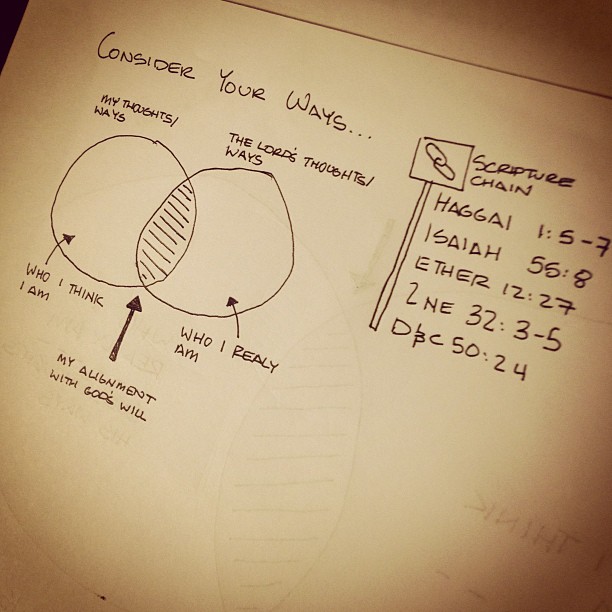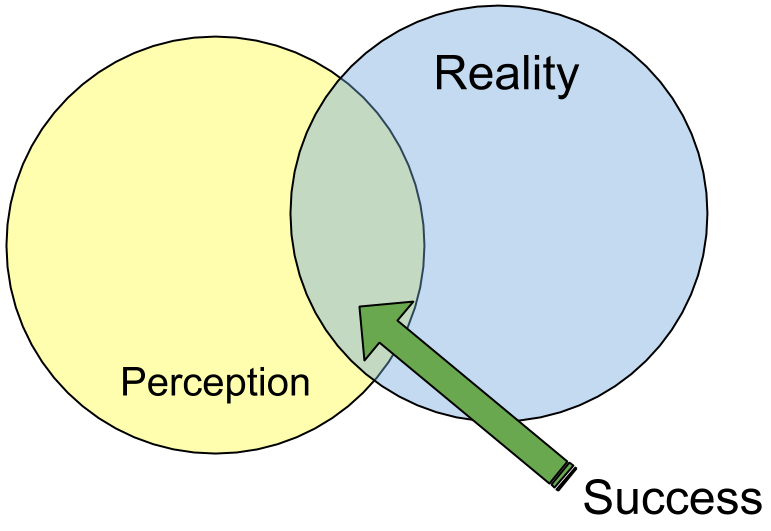
- It wasn’t until man understood enough around the reality of gravity, air pressure and aerodynamics that Orville and Wilbur Wright got their contraption to take flight. Today there are thousands of flights in the air at any given time.
- George Washington died, in effect, from a common cold. It wasn’t until we understood how bacteria and viruses work that we could develop reliable medicine to counteract their symptoms. Even serious diseases can be completely reversed or kept in check.
- Religiously, the children of Israel throughout the Bible struggled to keep their promised land safe. But the Lord promised that to the degree they kept the commandments they would be protected.
- Christ defines Eternal Life in terms of having a true grasp of reality: “And this is life eternal, that they might know thee the only true God, and Jesus Christ, whom thou hast sent (John 17:3, emphasis added).”
- Nephi in the Book of Mormon observed that the compass they were given by the Lord worked according to the faith and diligence they gave to it.
Isaiah emphasized a similar dichotomy to our perception compared to reality. He reminded us that,
“For my thoughts are not your thoughts, neither are your ways my ways, saith the Lord.
For as the heavens are higher than the earth, so are my ways higher than your ways, and my thoughts than your thoughts (Isaiah 55:8-9).”
I think this is a statement reminds us that our own perceptions, assumptions and constructs around how we make sense of this world should always be checked for accuracy. To the children of Israel, Haggai offered on behalf of the Lord the following challenge to reflect and evaluate,
“Now therefore thus saith the Lord of hosts; Consider your ways.
“Ye have sown much, and bring in little; ye eat, but ye have not enough; ye drink, but ye are not filled with drink; ye clothe you, but there is none warm; and he that earneth wages earneth wages to put it into a bag with holes.
“Thus saith the Lord of hosts; Consider your ways, (Haggai 1:5-7).”
“And if men come unto me I will show unto them their weakness. I give unto men weakness that they may be humble; and my grace is sufficient for all men that humble themselves before me; for if they humble themselves before me, and have faith in me, then will I make weak things become strong unto them (Ether 12:27).”
- Prophetic counsel given through Church leaders at General Conference
- Divine guidance in the form of the words from ancient prophets found in the scriptures
- The sacrament gives us a chance to reflect, repent and commit anew to follow Jesus Christ
- Loving input by parents, family or friends who see a risk we might not immediately see
- Personal revelation where the Holy Ghost reminds us of the teachings of Christ (see John 14:26)
I’ll close by leaving this open ended with two links to two scriptures that can serve as jumping off points for how we might regularly consider our ways on a more regular basis:
What verses would you add? How do you ‘consider your ways’?


You must be logged in to post a comment.